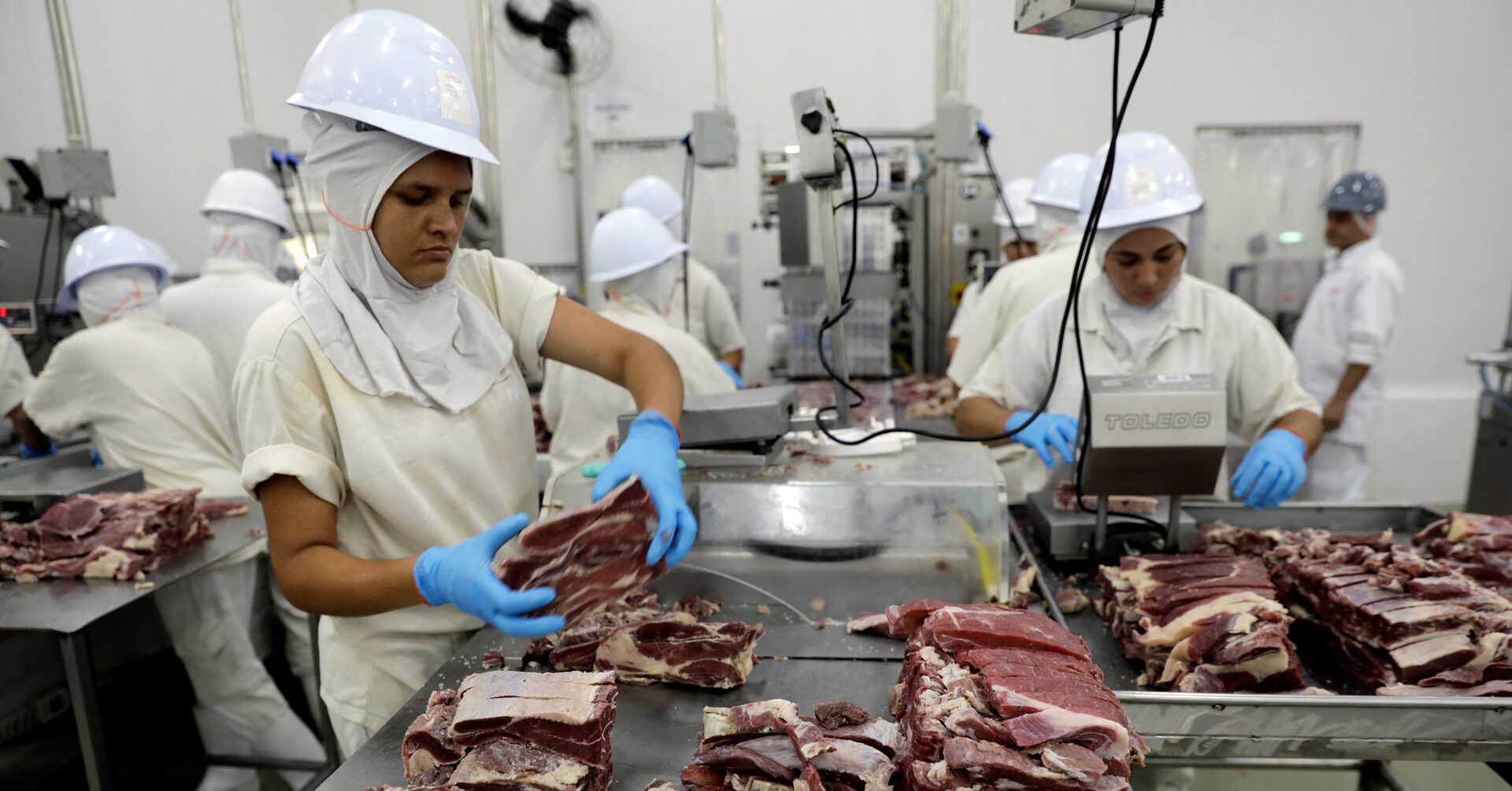Beef Bonanza: Brazilian Exporters Dodge Trump's Tariff Bullet

Brazilian beef exporters remain confident despite potential new tariffs from the Trump administration, citing key market dynamics that could shield them from significant impact. The industry's optimism stems from two critical factors: critically low cattle inventories in the United States and an existing substantial tariff structure that already influences beef export economics.
With U.S. cattle herds experiencing reduced numbers, Brazilian beef producers see an opportunity to maintain their competitive position in the global market. The pre-existing tariff framework has already established a complex trading environment, which suggests that any additional trade barriers might have limited effectiveness in disrupting Brazilian beef exports.
Market analysts suggest that the combination of constrained domestic U.S. cattle supply and established international trade mechanisms provides a buffer for Brazilian beef companies. This resilience underscores the strategic positioning of Brazil's beef industry in navigating potential trade challenges and maintaining its global market presence.

